The dietary necessities of babies and preschoolers vary from those of older children. Preschoolers grow quickly and are active so their energy prerequisites are high compared with their body size. They require nourishments that are high energy and dense in nutrients (especially protein, vitamins, and minerals), which ought to be eaten as a major aspect of small and frequent meals.
While it is suggested that the eating regimens of kids beyond 5 years old follow the recommended dietary allowance (RDA), healthy eating rules are not expected to apply to preschoolers. An eating routine that is low in fat and high in fiber might be excessively cumbersome and not supply enough energy to your little youngster.
Preschoolers need nutrient-dense nourishments, which have decent amounts of protein, vitamins, and minerals to help healthy growth and development. It is suggested, in any case, that preschoolers (between the ages of 2 and 5) should begin to receive a portion of the standards of the RDA and a healthy family approach with diet and way of life, as food preferences are frequently established during this phase of life.
Nourishing your Pre-schooler
- Bread, rice, potatoes, pasta, and other starchy nourishments
These nourishments give energy, which is significant for growth, development and movement, and an assortment of fundamental nutrients. Offspring of pre-school age ought to be urged to consume:
- Five servings of starchy foods every day (one serving at every mealtime and a few bites)
- Serving sizes can be fluctuated by a youngster's age or hunger, for instance, one serving of bread could be ½-1 medium cut.
- It is imperative to urge babies to attempt bunches of various assortments of starchy foods.
- Wholemeal varieties can be given sometimes yet ought not to be given over and over again as they are more massive and filling and consequently make it harder for little youngsters to meet their energy needs.
- Fruits and vegetables
Preschoolers and babies ought to be urged to eat a wide range of fruits and vegetables, focusing on:
- Five bits per day.
- There are no particular authority rules for portion sizes; however, it will be smaller than for grown-ups.
- A few instances of proposed divide size extents are ¼-½ an apple, ½-1 tangerine, ½-2 tablespoons of vegetables (for example peas, sweet corn) and 1-4 cherry tomatoes.
- Milk and dairy nourishments
Preschoolers and little children ought to be urged to devour milk and dairy items, for example, cheddar, yogurt as these are especially acceptable wellsprings of bio-accessible calcium, which is significant for bone health, and providing different nutrients.
- 1-3 years are suggested to consume 300ml of milk or 3 servings of dairy nourishments day by day.
- It is better to give whole milk and full-fat dairy items to youngsters younger than five.
- Meat, fish, eggs, beans and other non-dairy wellsprings of protein
It is significant for Preschoolers and babies to get enough food from this nutrition class to guarantee they have a satisfactory admission of protein, iron, zinc, nutrient D, and B nutrients. Offering food or savor rich nutrient C, (for example, fruits, fruit juices, and vegetables) close by protein-rich nourishments will enable the body to ingest iron, which will especially profit a vegan diet since iron from plant food sources is not as promptly consumed as that from creature nourishments.
- Nourishments high in fat as well as sugar
Preschoolers and babies require a lot of high energy, nutrient-dense foods to assist them with meeting their healthful necessities. Whole milk and full-fat dairy nourishments are normally best at this age.
Nonetheless, nourishments, for example, chips, crisps, cakes, bread rolls, chocolate, and fried food sources which are high in fat and sugars/salt ought not to be given time after time, to help empower great dietary patterns since the beginning.
Most little youngsters appreciate sweet nourishments and drinks and a modest quantity of sugar at eating times is fine.
Nonetheless, it is additionally better not to offer nourishments and beverages containing sugar in the middle of meals, as this is bound to cause tooth decay. Dried fruits and fruit juice can likewise cause rot whenever devoured too often, so these are additionally best kept to eating times.
Nourishments, especially sweet food sources, ought not to be utilized as a reward. This can urge youngsters to consider sweet nourishments in a more certain manner (and then again to see different nourishments all the more contrarily) and is probably going to prompt an expanded preference for sweet food sources.
- Salt consumption
The daily suggested salt admission for youngsters between 1-3 years is 2 g (0.8 g sodium) every day and 3 g (1.2 g sodium) every day for kids between 4-6 years. A lot of salt in the eating routine can prompt medical issues, for example, hypertension, in later life.
The vast majority of the salt in our weight control plans originates from packaged or processed nourishments. Nourishments, for example, crisps, bacon, ham, and other meat items, processed meals, and packaged sauces can be especially high in salt.
Tips for lessening kids' salt admission:
- Limit admission of salty snacks, for example, crisps, which energize an expanded preference for salty nourishments.
- Try to abstain from giving processed nourishments again and again and pay special attention to a low salt or no salt other options (for example diminished salt bread, heated beans, and prepared meals).
- Try to purchase canned vegetables and pulses named 'no additional salt' and fish canned in water, instead of saline solution.
- Avoid adding salt to nourishments during cooking, or at the table.
- Beverages
Milk and water are acceptable beverage decisions for preschool kids and babies. Whole cows' milk is suggested for youngsters beyond one year as it is a rich wellspring of various supplements. Semi-skimmed milk can be presented bit by bit after the age of two, as long as the youngster is expending adequate energy and nutrients and the development is good. Skimmed milk or 1% milk isn't appropriate for kids under five years old, as it doesn't give enough energy and Vitamin A for the developing kid.
Beverages containing sugar (for example fruit squashes, fruit juices, aerated beverages and sweetened or flavored milk) can cause rot of first teeth whenever consumed too often. On the off chance that sweet beverages are offered, diluted, unsweetened fruit juice is the most ideal decision however ought to be restricted to mealtimes just to help shield teeth from dental disintegration. It is best not to give diet drinks as these contain artificial sugars, for example, saccharin, which can support a 'sweet tooth'.
To shield teeth from rot, the utilization of a bottle for milk feeds ought to be stopped after the age of one year. Milk and different beverages ought to be given from a glass or cup.
- Supplements
It is prescribed that youngsters between 0.5 to 5 years are given supplements for vitamins A, C, and D (as fluid drops), this is especially significant on the off chance that they don't eat an extremely fluctuated diet.
Nourishments to keep away from
Abstain from giving the accompanying to pre-younger students and babies:
- Salt – kids matured 1-3 years ought to have close to 2 g of salt (0.8 g sodium) every day to help limit any medical issues identified with salt in later life.
- Raw eggs – eggs ought to be cooked until the white and yolk are solid. Nourishments containing raw or halfway cooked eggs ought to have a danger of salmonella poisoning.
- Whole or chopped nuts ought not to be given to kids under age 5 in view of the danger of choking.
- Low-calorie nourishments - for most babies there is no compelling reason to offer 'low-calorie' or 'low-fat' nourishments since offspring of this age need loads of energy for developing and for physical activity.
- Sugar – sweet nourishments and beverages can conceivably prompt tooth rot, so these nourishments ought to be restricted and expended uniquely at eating times.
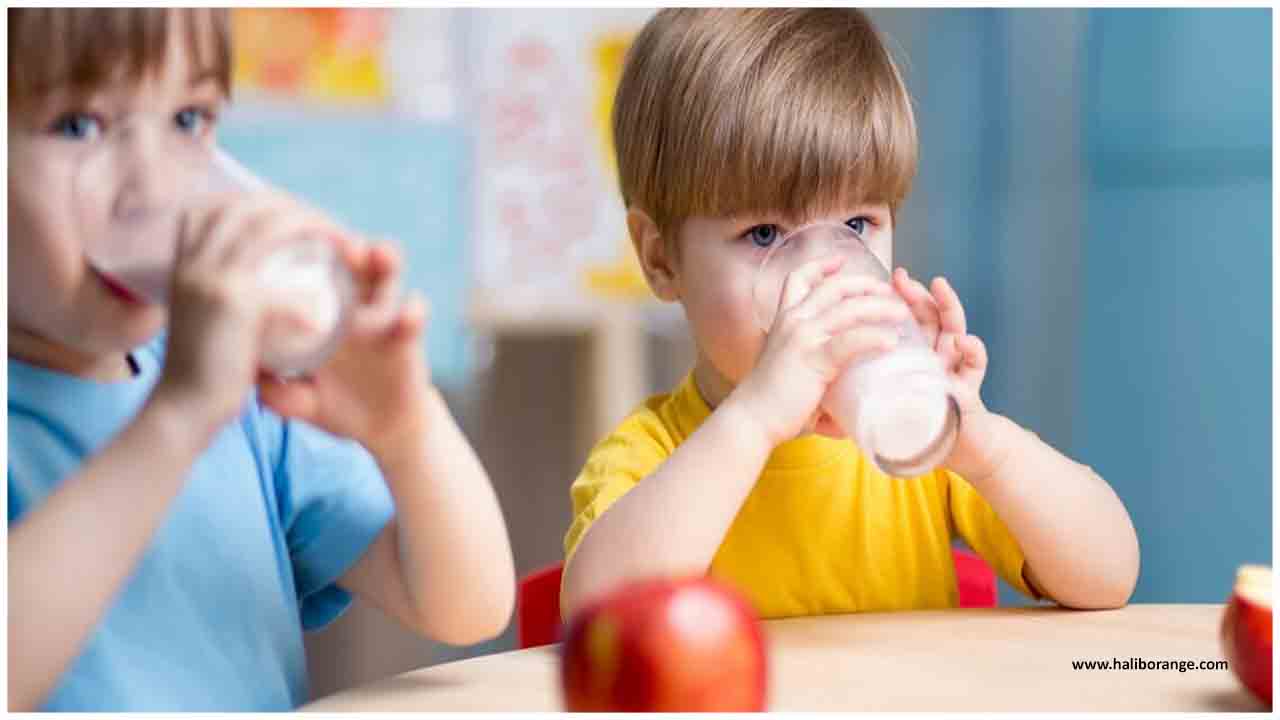
 Foods especially sweets, ought not to be utilized as a reward. This can urge youngsters to probably prompt an expanded preference for sweet food sources as they grow.
Foods especially sweets, ought not to be utilized as a reward. This can urge youngsters to probably prompt an expanded preference for sweet food sources as they grow.








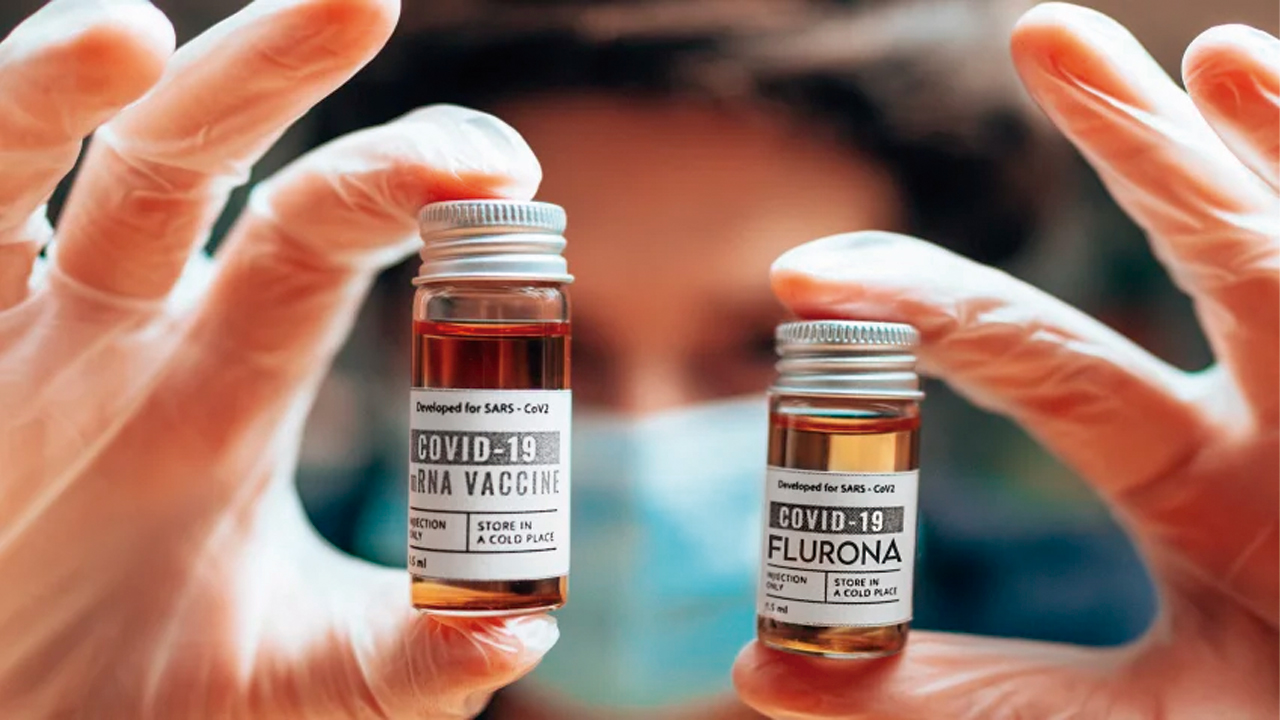
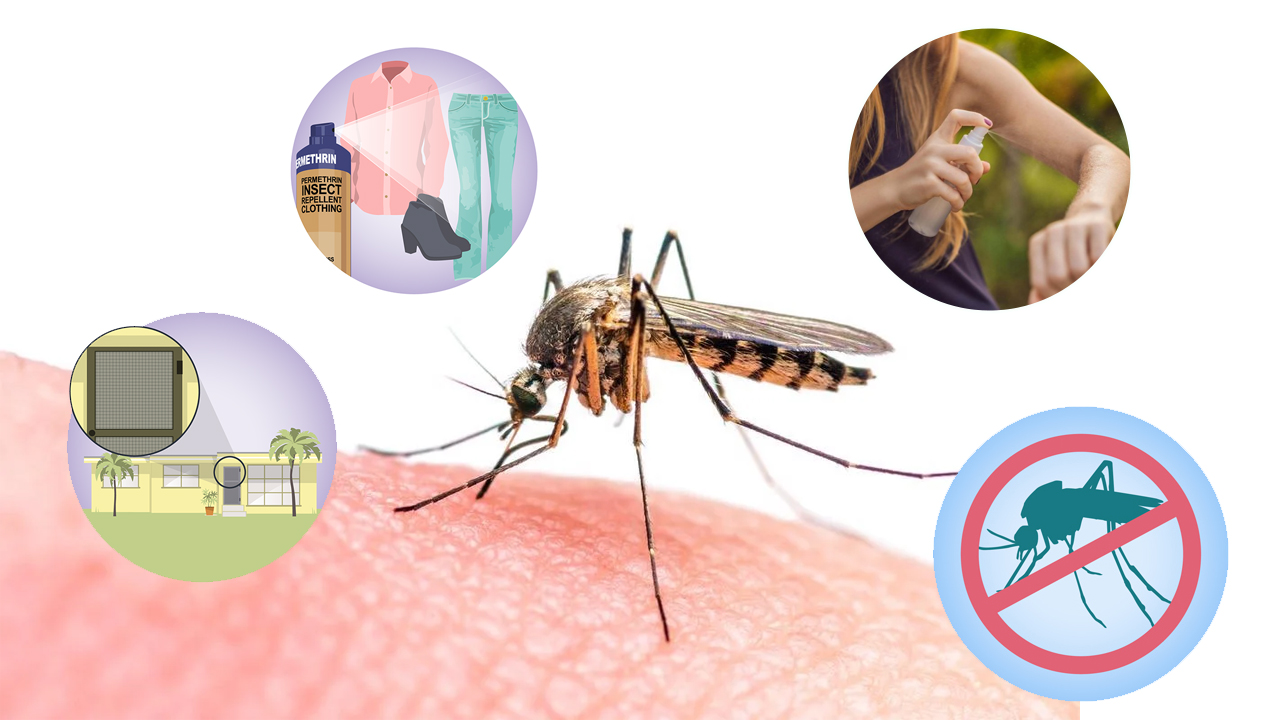
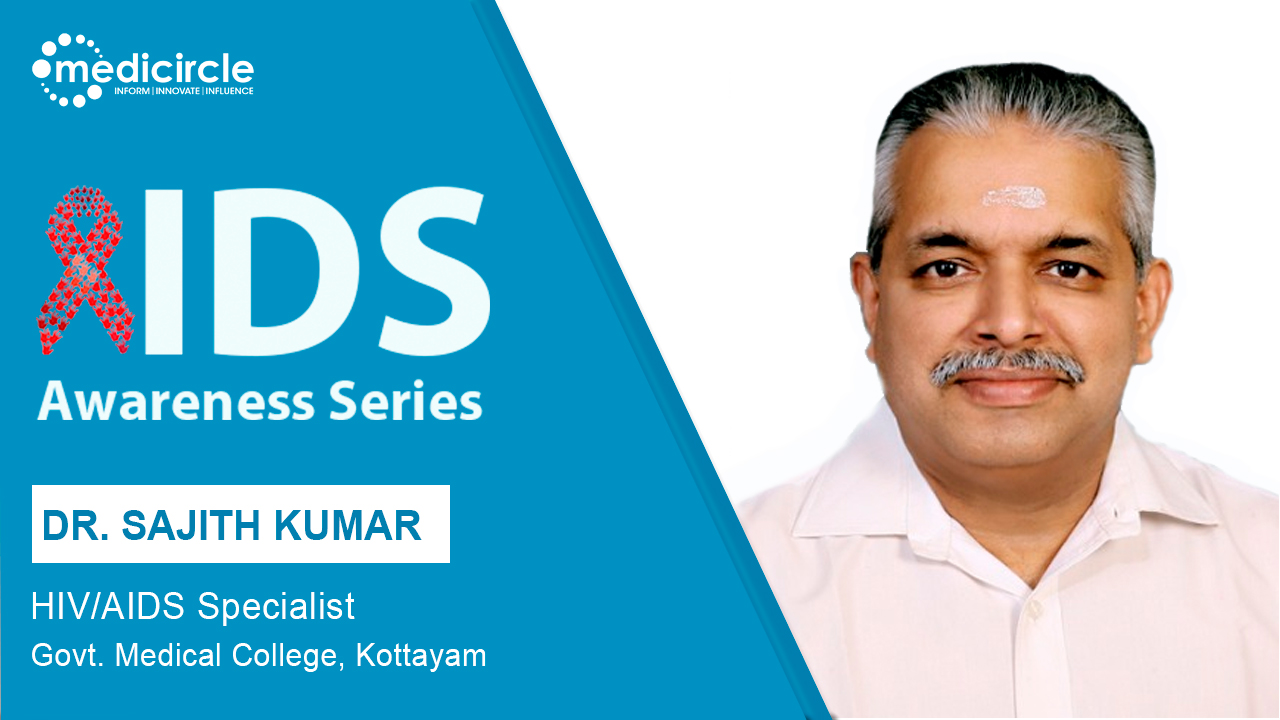
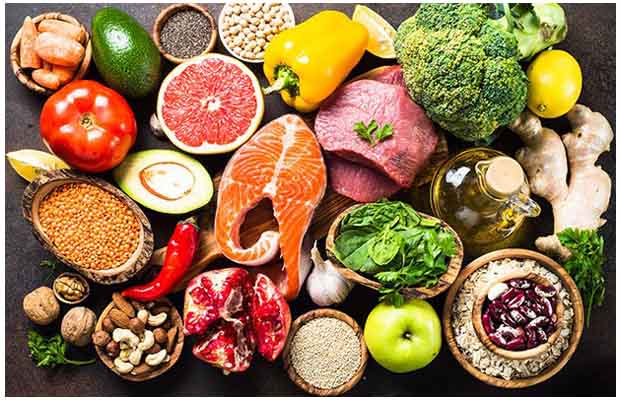
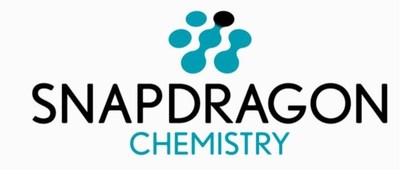





.jpeg)



.jpg)




.jpg)





.jpeg)

.jpg)


